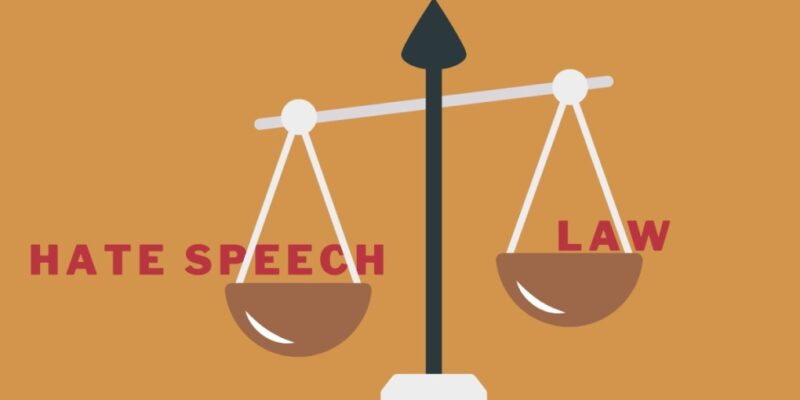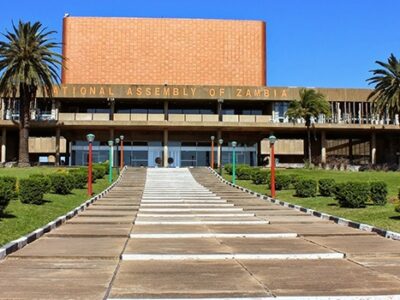Recent legal reforms in Zambia have aimed to strike a balance between free speech and government interests, but their impact remains debatable.
“Most societies would agree there are types of expression that are not acceptable and which conflict with other human rights, such as promoting hate speech,” MiSA Zambia indicated in an article on legal reforms.
The reforms introduced limitations on hate speech and incitement, which some argued were necessary to protect vulnerable groups, while others saw them as a threat to freedom of expression.
Read More: Between sustained pressure and govt push back over Zambia’s democratic space, by Hannet Mwimbe
MiSA was of the view that, for this reason, governments used laws to limit freedom of expression if it conflicts with other human rights, such as the protection of the rights or reputations of others, national security, public order, public health and morals.
Breaking this view down, these reforms introduced laws that limit speech promoting hate or violence against individuals or groups based on their race, ethnicity, or other characteristics.
They aimed to protect vulnerable groups, such as minorities and women, from hate speech and incitement and also aimed to strike a balance between individual rights to free speech and government interests in maintaining public order and stability.
Despite these good intentions, critics argued that this scenario made it seem impossible to strike a balance between free speech and government interests.
“Government is working tirelessly to ensure that the media operates in a media-friendly environment as they carry out their duties to serve the public. Government is also working towards ensuring that the rights of journalists are not only recognised but strongly protected. The safety of the journalists will ensure that they gather quality information that is disseminated in a timely manner,” Ministry of Information and Media Permanent Secretary Kennedy Kalunga said during the legal handbook launch on August 23, 2022.
The government made progress by repealing the defamation of the president law that restricted criticism of the president, allowing citizens to freely critique government policies.
“The repeal of the defamation of the President law is a significant step forward for freedom of expression in Zambia. It’s a victory for human rights and a testament to the power of persistent activism,” said Deprose Muchena, Amnesty International’s Director for East and Southern Africa.
Judith Mulenga, Executive Director of the Zambia Civic Education Association (ZCEA), contended that this measure alone was inadequate for achieving complete freedom of expression in the country.
“The repeal is a step forward, but it’s not enough. We need to see concrete actions from the government to promote free speech and protect dissenting voices,” Mulenga stated.
Other laws that hindered freedom of expression included the Public Order Act.
“The existence of the Public Order Act (POA) has been seen by a broad section of the Zambia populace as an obstacle to the enjoyment of political rights such as the freedom of speech, assembly and association and the deepening of the democratic process in Zambia,” said Fortune Kamusaki in his article ‘The Impact of the Public Order Act on the Freedoms of Speech, Assembly and Association,’ published by the University of Zambia.
In conclusion, while recent legal reforms in Zambia have made notable strides, such as the repeal of the defamation law, the overall effectiveness in advancing full freedom of expression remained contentious.
The introduction of restrictions on hate speech and incitement, intended to safeguard vulnerable groups, has been perceived by some as necessary for public protection, yet others view these measures as potential threats to free speech.
Furthermore, laws like the Public Order Act continue to be seen as barriers to political freedoms, underscoring the complexity of balancing individual rights with government interests in Zambia’s evolving democratic landscape.
WARNING! All rights reserved. This material, and other digital content on this website, may not be reproduced, published, broadcast, rewritten or redistributed in whole or in part without prior express permission from ZAMBIA MONITOR.












Comments